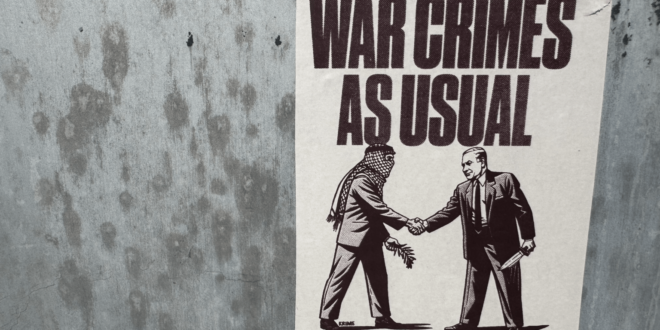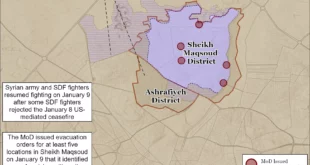On the evening of June 21st in Washington, the morning of June 22nd here in Jerusalem, the United States attacked Iran’s nuclear facilities, joining Israel’s more widespread assault intended to eliminate a rival for regional hegemony, one that targeted not only Iran’s nuclear facilities and ballistic missile system but civilian infrastructure as well, in the hope of inducing regime change. The meta-aims of the attack were three-fold.
First, the Trump Administration reasserted the claim to American-led global hegemony, a prerequisite upon which an isolationist America First depends. Even if the bombings were a hollow act, amounting to little more than a safe, opportunistic attack against a greatly weakened foe, they evidence the continuing primacy of force in enforcing US/NATO ascendency, a relation to “the rest” predating by far Trump’s presidency.
Second, it reaffirmed Israel’s position as a regional hegemon representing, advancing and protecting American interests – a “message” vital for an Israel that finds itself increasingly isolated in the international community and whose utility to the Americans has come into question since October 7th – but no less important, it signaled that Israel itself had a latitude of independent action, that it could act as a regional hegemon. The fact that Netanyahu had manipulated Trump, attacking Iran despite American opposition, then handing Trump “his” glorious victory, lent significant credence to Israel as an actor in its own right. “Israel is doing the dirty work for us all,” as German Chancellor Metz observed.
Third, then, for Israel, the quick neutralizing of a powerful rival for regional hegemony with, in the end, American participation, not only sealed its status as the military hegemon of the Middle East, it reaffirmed its ability to see through the process of normalization with the Arab world initiated by Trump in his first term. All Israel’s policies and actions, we must understand, arise from one overarching ambition: completing Zionism’s 130-year project of Judaizing Palestine. For this to be achieved, a “Greater” Israel extending over all of historic Palestine must be accepted by the Arab world and the international community; the Zionist settler colonial project, now complete, requires only to be normalized as a “political fact.”
October 7th derailed the normalization process just as Netanyahu declared from the podium of the General Assembly that, while “the Abraham accords heralded the dawn of a new age of peace, I believe that we are at the cusp of an even more dramatic breakthrough – an historic peace between Israel and Saudi Arabia. Such a peace will go a long way to ending the Arab Israeli conflict. It will encourage other Arab states to normalize their relations with Israel.” To get that process back on track, Netanyahu had to do two things.
First, he must ensure the ability of the Arab regimes to prosper economically in a peaceful region, as behooves a military hegemon. Towards this end he dismantled the military capacities of Iran’s proxies, Hezbollah and the Houthis (an ongoing project), while quashing Hamas, a branch of the Muslim Brotherhood armed by Iran and a nuisance that prevented the Palestinian struggle from disappearing through normalization. He then went on to deploy his military to neutralize Iran as a military threat and potential rival for regional hegemony as against the Saudi Arabia in particular. That, and the Americans’ reaffirmation of Israel as their hegemonic agent, cemented Israel’s place as an indispensable party.
And second, Netanyahu has to break Palestinian resistance for once and for all, pacifying the Palestinians so that they submit to a process of normalizing a Jewish Israel over all of historic Palestine. To be sure, a sop to Palestinian rights is necessary. A “two-state solution” will take the form of a tiny, truncated, semi-sovereign and non-viable Palestinian Bantustan enveloped and controlled by an apartheid Israel. This is good enough for the Arab states who need a strong Israeli presence and, unlike their peoples, have little sympathy for the troublesome, democratically-oriented Palestinians and want to move on from the interminable “conflict.” Although Israel’s ongoing campaign of genocide, displacement and furious settlement activity runs the risk of raising opposition to normalization among the Arab and wider Muslim populations, pacification must precede normalization. Saudi Arabia cannot enter into the Abraham Accords as long as Palestinian resistance continues, although it is eager to do so. Israel must produce a period of industrial quiet in which the Palestinian struggle recedes from public view, which, counter-intuitively, explains the genocidal nature of its campaign of suppression in Gaza and the West Bank. Removing the military, political and economic support of Iran and its proxies from Hamas, the only remaining bastion of Palestinian resistance, paves the way to pacification and normalization.
The attack on Iran serves all these purposes.
 Eurasia Press & News
Eurasia Press & News



